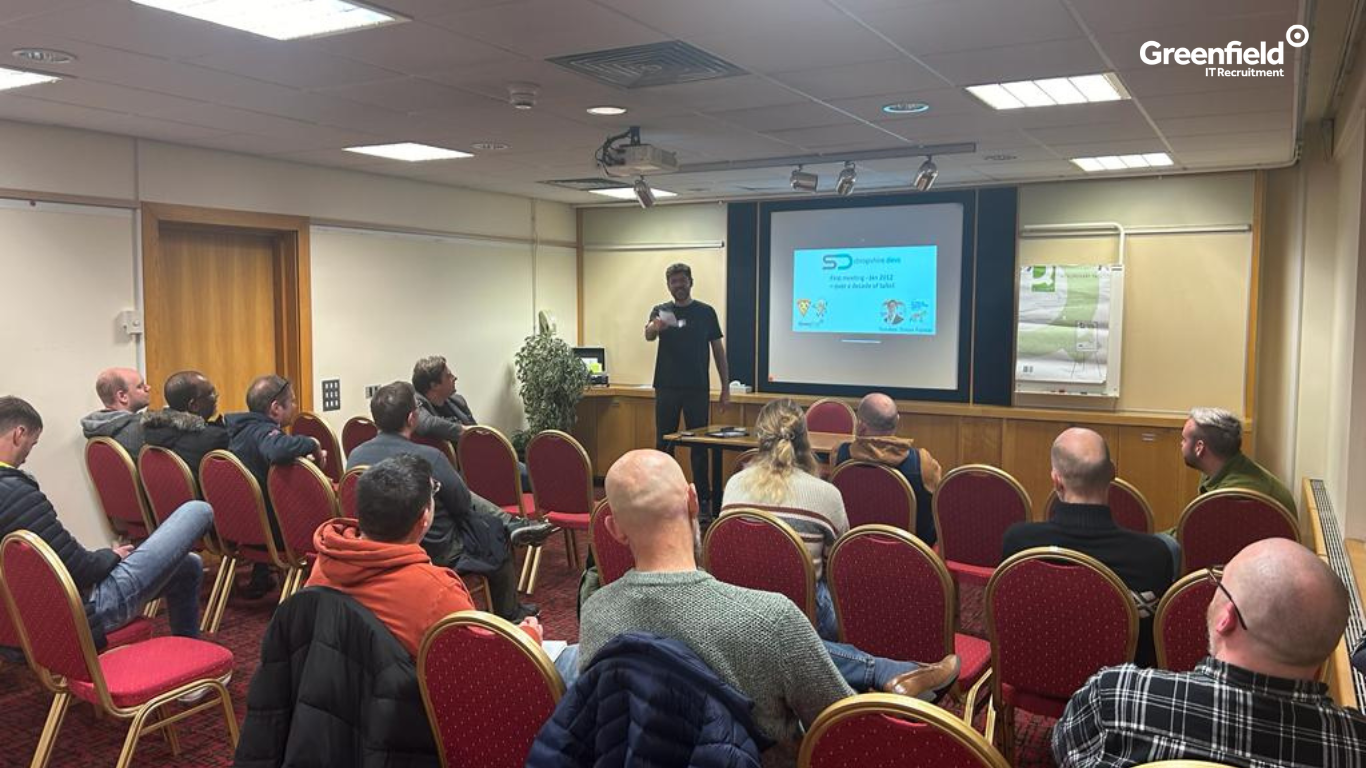TechTarget’s very own Stephen J. Bigelow produced an article discussing the important skills that DevOps Engineers needed on their CVs. This was to keep up with the latest trends in the ever-changing DevOps circle.
Platform Familiarity:
The main principle stacks being Linux (where the likes of Ansible, Docker, Chef and Puppet etc seems to be cropping up on the regular), Windows (where the traditional MySQL, PostgreSQL or Mongo etc occur) or Cloud-based (with the likes of Amazon Web Services (AWS) or Azure are found).
Coding:
This is often not low-level pieces of code as this is where the work of developers comes in handy. However, it’s still key to be familiar with code. Developing scripts and taking on integrations such as knowing the likes of PHP, Python, Java, Ruby and other computer languages.
Configuration and Version Management:
Code is ever-changing. So many developers further embrace configuration management, which is almost always automated. Tools such as Puppet, Chef, Vagrant provide these capabilities.
Provisioning and Deployment:
DevOps engineers don’t just operate with code from a development standpoint they do so from an operative perspective. So knowledge of IT Hardware and infrastructure such as networks, servers and storage are also vitally important in many cases.
Security:
This has become ever-increasingly important. Infrastructure, whilst the security for encryption for data at rest and in flight. Then on a development standpoint with making sure the code created is secure.
Tracking and Assessing Release Performance:
DevOps Engineers are much more aligned with releases. Tools such as Nagios, Splunk, Sensu and Relic monitor performance both locally and via the public cloud platforms.
Network Optimisation:
Networking is important within the DevOps space, networking interfaces, deployment and management of VPNs and software-defined networking for container-centric tasks.
Troubleshooting:
This can include anything from remote deployment and support tasks. So again, highlights the importance of having that knowledge around the infrastructure angle of DevOps.
Integration:
Code integrates to existing platforms such as Exchange, SQL, Redis or other third-party/open sources applications that often combine with APIs.
Communication and Team Management:
Skills of DevOps Engineers aren’t always technical they can also be the part of motivating a team, assisting people and teaching people different methods due to their over-arching appreciation for all areas.
It’s rare at present that employers are expecting experience in all areas. However, we are noticing a desire for 3 in particular; platform familiarity, coding and deployment/integration. It’s an extremely interesting sector DevOps that is only going to keep evolving. Below is a link to the original article that was produced.
If you’re a DevOps Engineer looking for a new challenge, get in touch with Rob Lock on 01743 296544 or email your CV to [email protected]. Visit our jobs page by clicking here.





